Celebrating World Oceans Day 2023
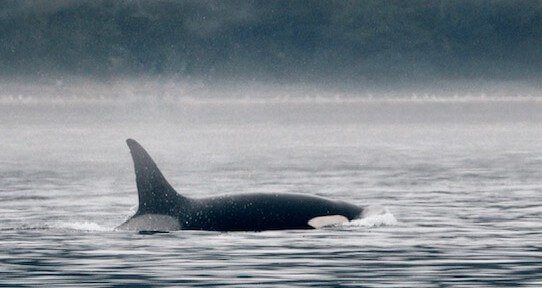
Understanding and protecting our oceans is a core part of the work being done in the Faculty of Science. Researchers across all departments study a variety of aspects of the ocean, helping us to better understand the physiology and behaviours of marine life, the biogeochemistry of the ocean, ocean-atmosphere-climate interactions, the physics of the ocean, marine ecosystems, the impact of human behaviours and climate change on marine life, and so much more.
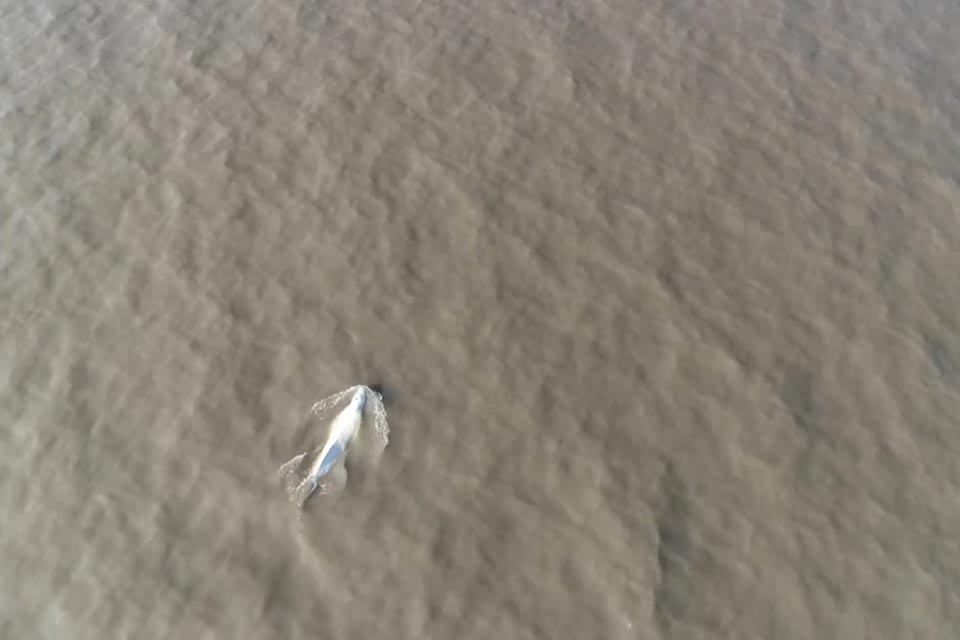
Research by postdoctoral fellow Morgan Martin has found that belugas will change their behaviour when they encounter ships in the Arctic—even when those ships are still up to 80 km away. Martin found that belugas will increase their swimming speeds when ships are up to 79km away, and will change their diving behaviour and swimming path when ships are within 50km. This kind of avoidance behaviour could result in long-term displacement from important habitats such as feeding and calving grounds.
Fish sounds can be incredibly useful for monitoring the presence and behaviour of fish species in the environment, but at the moment, we often can’t identify which species are producing the sounds we record. Recent PhD graduate Xavier Mouy (supervised by Francis Juanes and Stan Dosso) develped new passive acoustics tools that can be used to non-intrusively study fish sounds in the wild. Mouy has already used these tools to identify sounds from three new fish species around Vancouver Island.
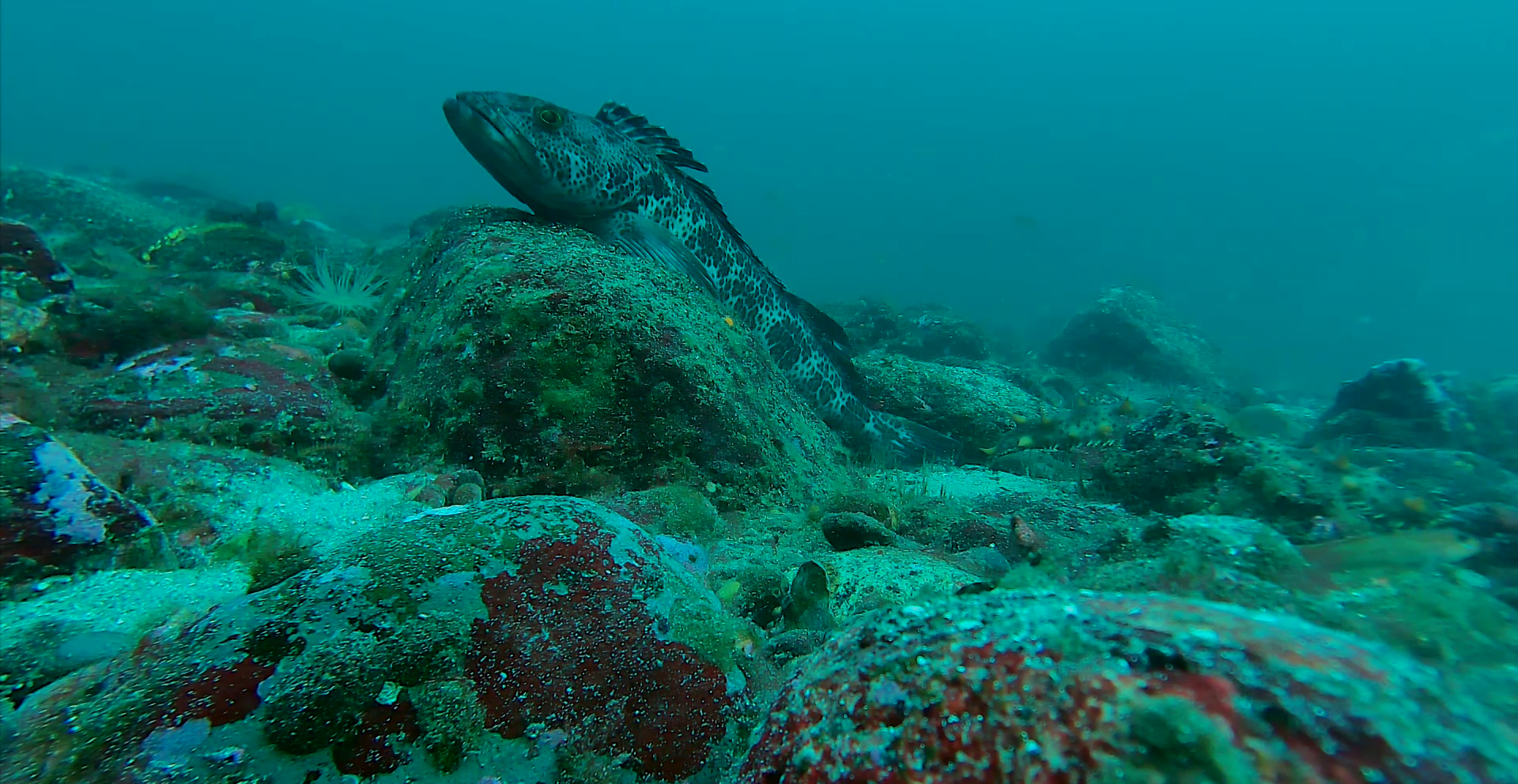

Marine ecologist Julia Baum conducted a groundbreaking five-year study tracking hundreds of corals on the world’s largest coral atoll, Kiritimati, thoughout the 2015-16 El Nino, a globally unprecedented heatwave. Baum’s team documented staggering coral mortality—90% of the island’s coral cover was lost. However, they also found that individual coral species fared much better at sites without local stressors, with some species losing only 30% of their colonies.
Pteropods have long been considered a major bioindicator for the impacts of ocean acidification on marine ecosystems due to their extremely soluble shell. However, new research by PhD student Matt Miller demonstrates that a protective coating on the outer layer of the pteropods shell actually prevents the shell from dissolving in acidic environments. Pteropods may not be as vulnerable to ocean acidification as previously thought.
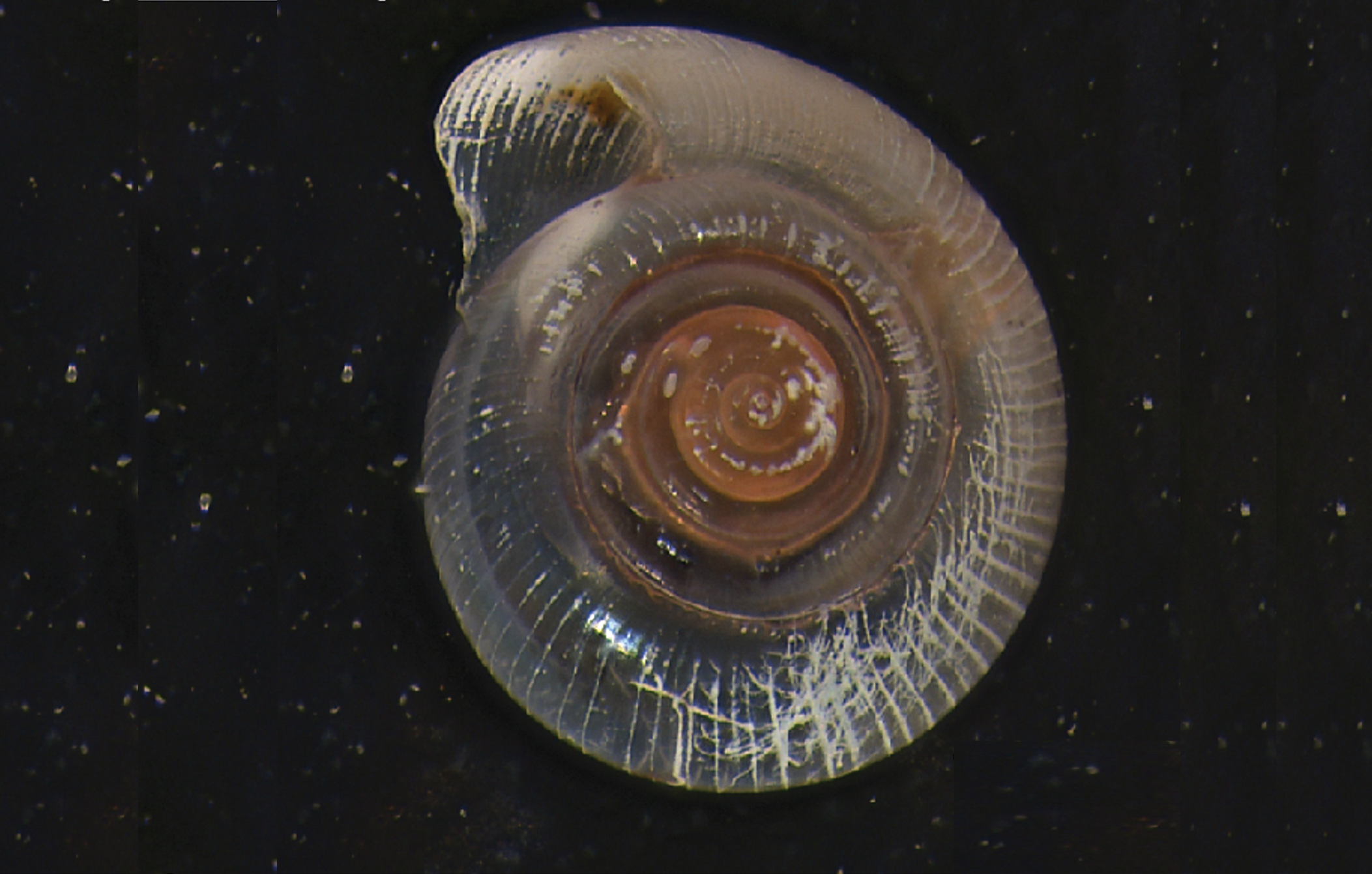
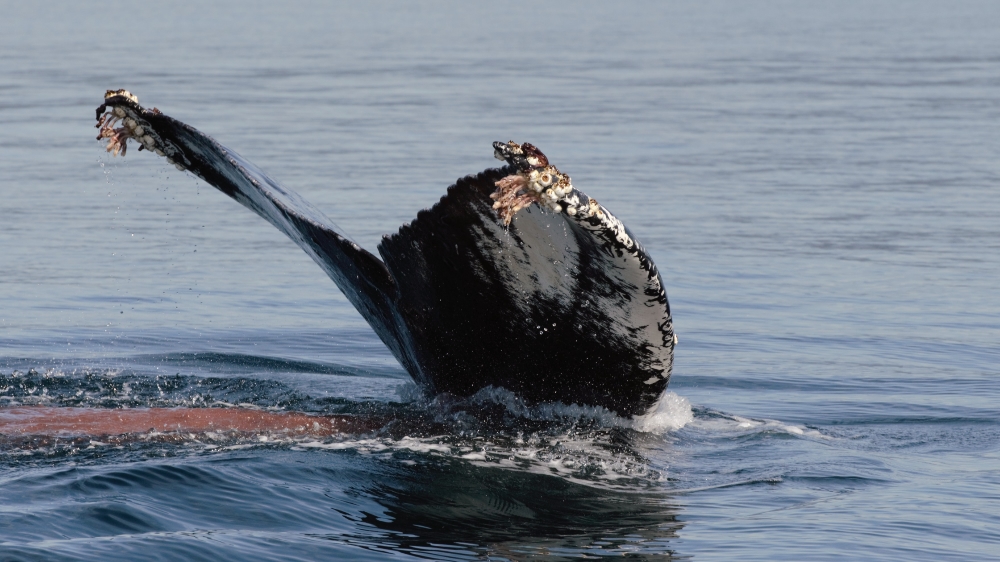
PhD student Rhonda Reidy was interested in figuring out how increasing humpback whale predation might impact BC fish populations. However, no one quite knew what humpback whales in BC eat underwater, so it was difficult to say which fish populations might be impacted. Reidy used a record number of humpback whale fecal samples and DNA to figure out the answer.
UVic is launching the Coastal Climate Solutions Leaders (CCSL) program this fall—a first-of-its-kind Canadian graduate training program that will prepare the next generation with the transdisciplinary skills and experience they need to tackle the climate crisis head on. The program, led by UVic biology professor Julia Baum, is supported by a $1.65 million, six-year NSERC CREATE grant.
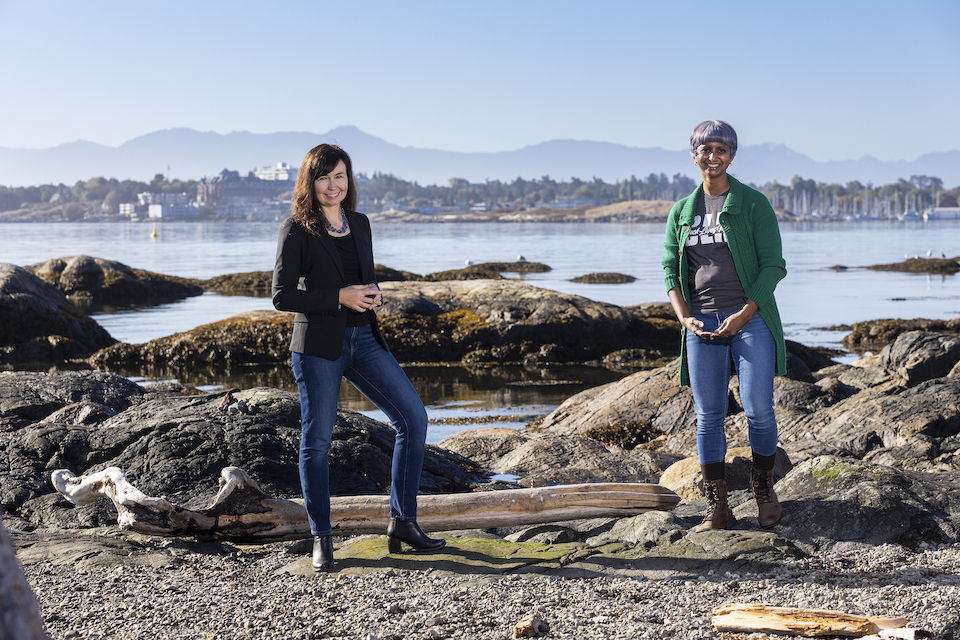
Study the ocean at UVic
The Faculty of Science offers several different programs at the undergraduate and graduate student level where students can learn more about our oceans. UVic students can also take courses at the Bamfield Marine Sciences Centre as part of their degree program.
- BSc, minor in Ocean Sciences
- BSc in Biology, Marine biology concentration
- BSc in Physics and Ocean-Atmosphere Sciences
- BSc in Chemistry and Ocean Sciences
- MSc and PhD in Earth & Ocean Sciences
- MSc and PhD in Physics (focused on ocean physics)
- MSc and PhD in Biology (focused on marine biology)
- Study in our School of Earth and Ocean Sciences
